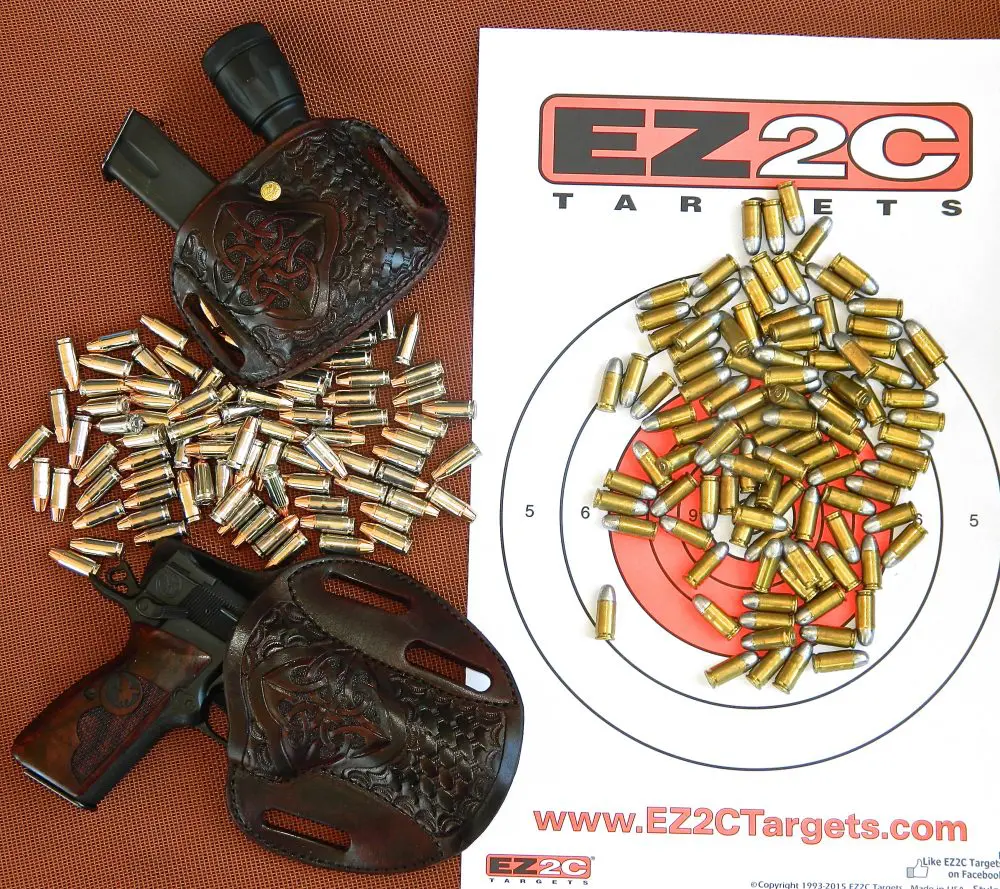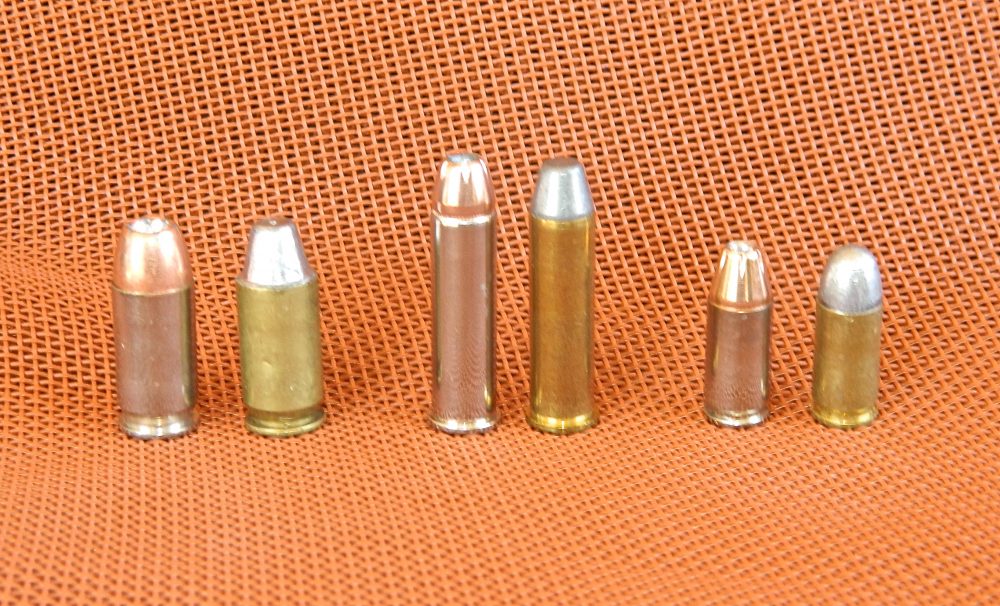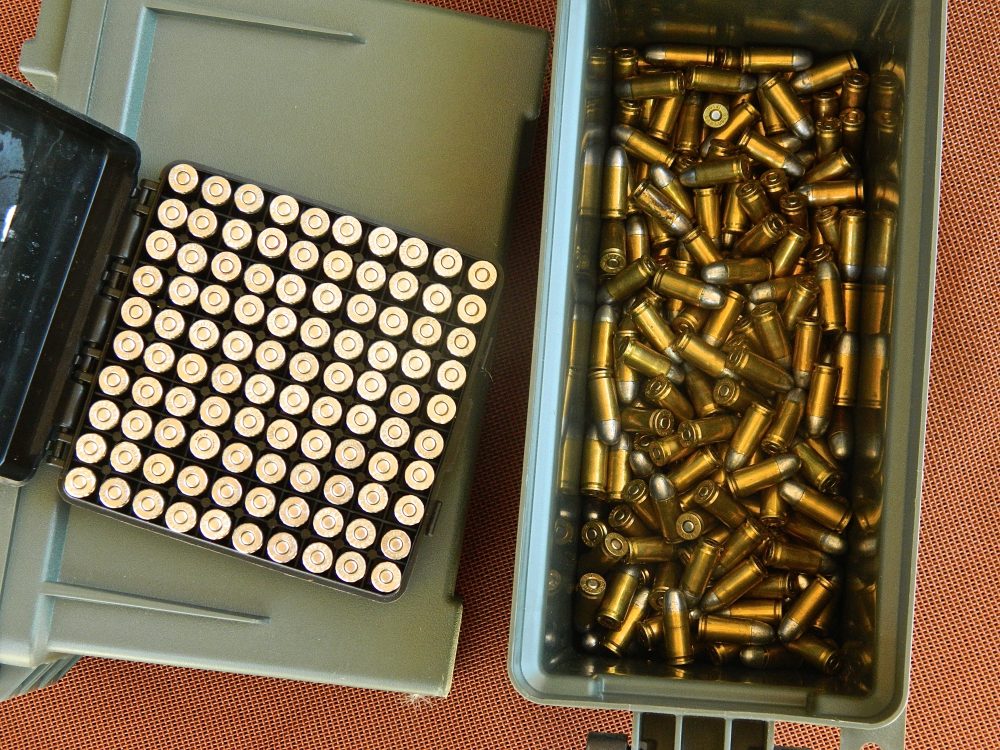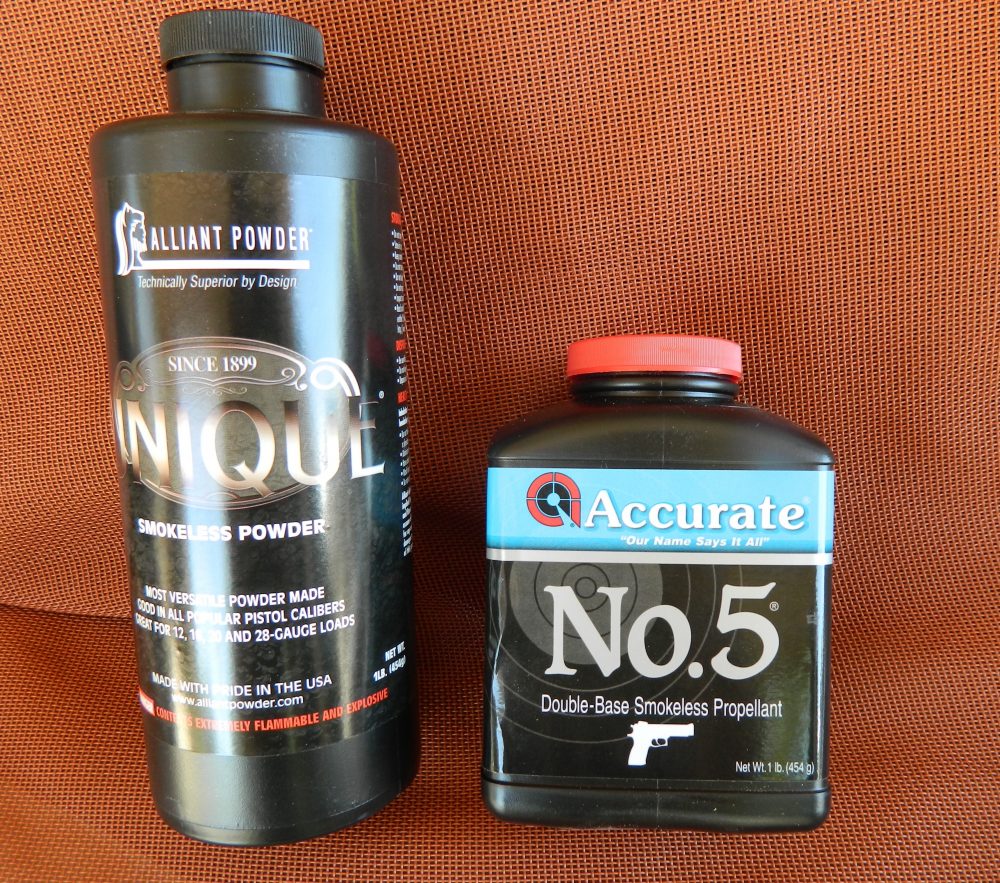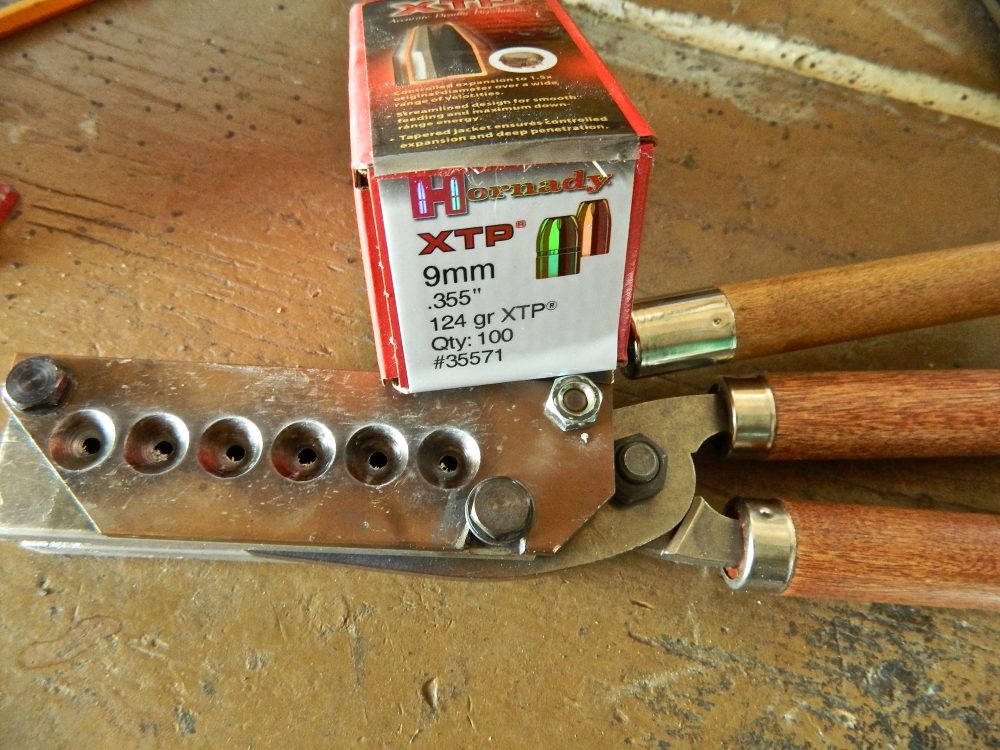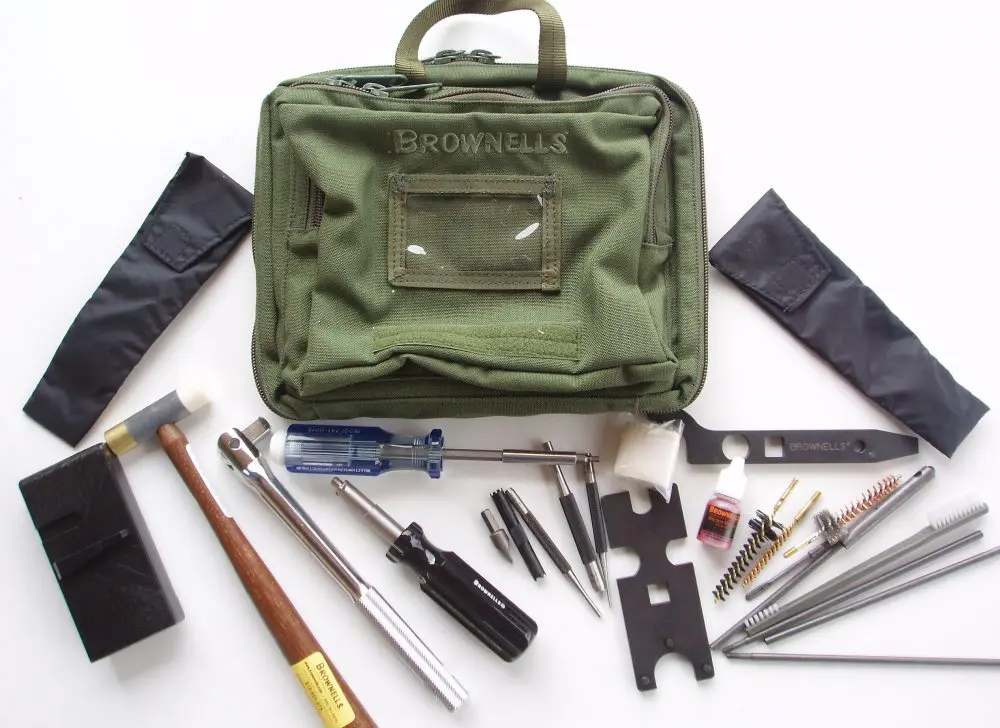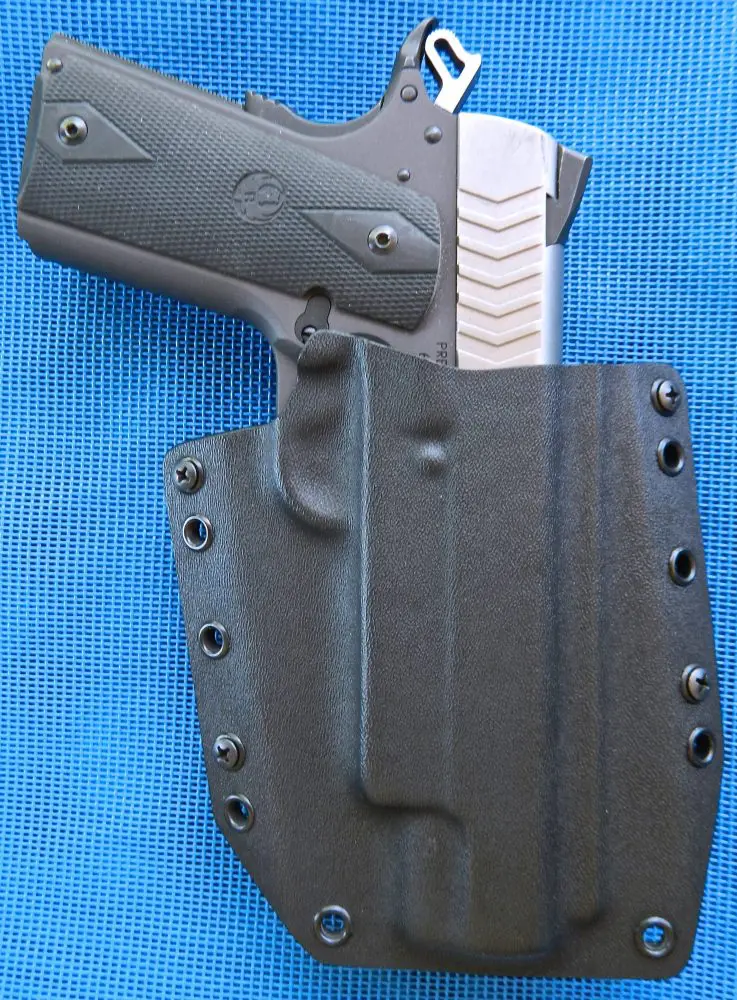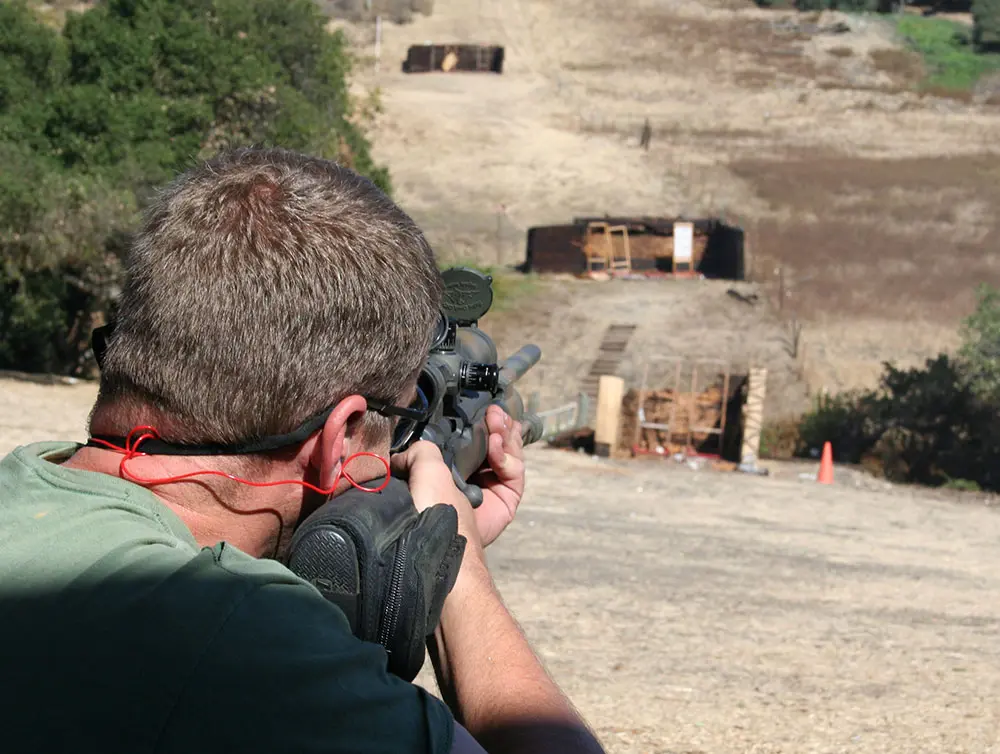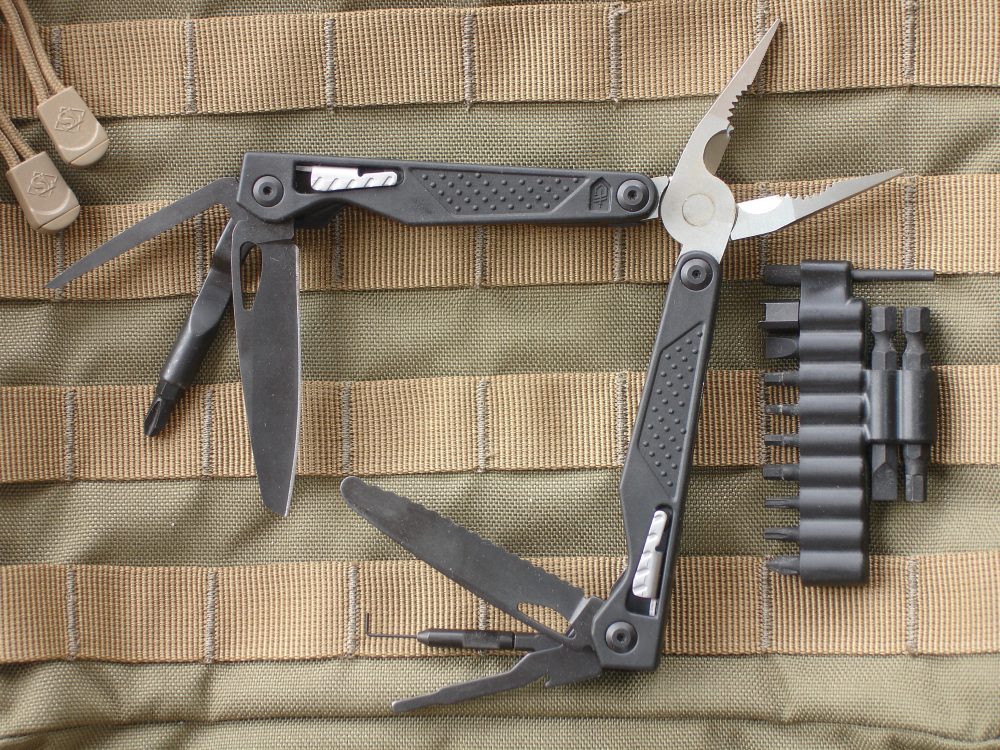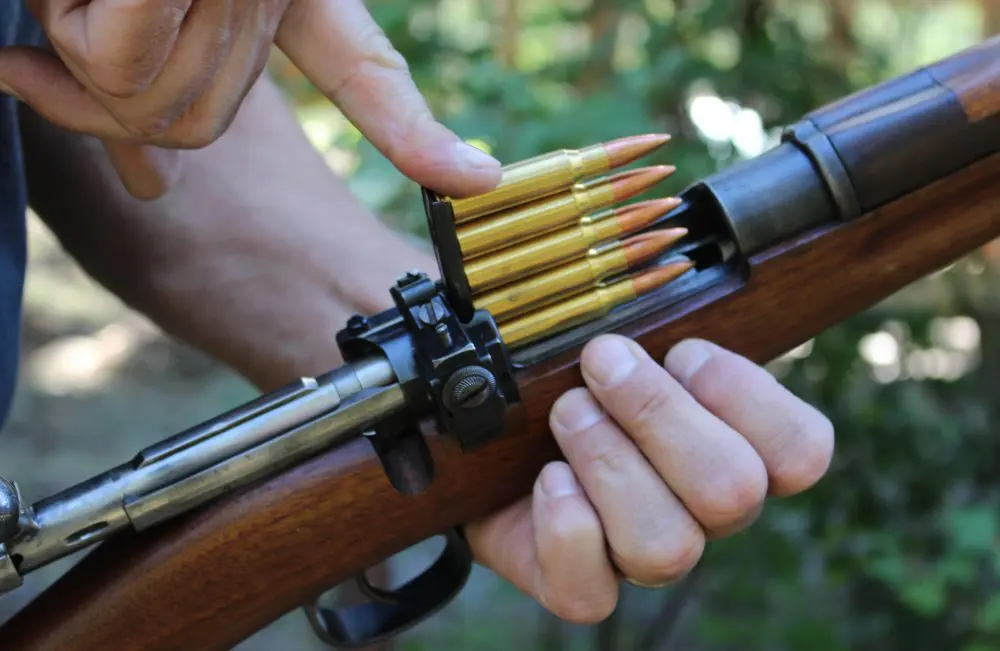A supply of duty ammo may keep your hide intact, while practice ammo will do the same for your skill sets.
For years, many people have said it is unwise to carry handloaded ammo for defensive purposes. This is based on two elements, both of which I believe are mostly myths.
The first point of contention is that handloaded (reloaded) ammunition is unreliable. Let me say that you may trust your loads, and I may trust mine, but until proven, we should not trust each other’s. As long as cartridges are loaded properly, following a manufacturer’s manual (avoid on-line data), and stored properly, reloads are every bit as reliable as factory ammo.
I recently went to the range with some .45 ACP reloads. According to the data sheet that I include with every batch of reloads, they were loaded in June 2004. The loads were accurate and every single round fed, extracted, and ejected as if they had been loaded yesterday.
The second element some people pontificate about is that if the loads are ever used in a self-defense shooting, you are opening yourself up to a lawsuit. I have investigated this and, while it’s possible I missed one, I have never found a single incident that supports this theory.
Nickel-cased duty ammo next to loads in brass cases. Left to right: .45 ACP, .357 Magnum, 9mm Luger.
I investigated numerous shootings when I was a peace officer, and I never asked if a handload had been used. It was, in fact, irrelevant to the case. Taking it a step further, many officers are not “gun people,” and it is extremely unlikely it would occur to them to ask if reloaded ammo was used.
If this truly concerns you, inquire around to what the officers in your area carry. For example, if they carry a 124-grain 9mm jacketed hollow point (JHP), load a 124-grain JHP, being sure to keep the loads around factory velocity specifications.
In my experience, “hot” loads use more powder, resulting in an increase in muzzle flash and recoil, and often degrade accuracy while offering little increase in downrange performance.
Author places hollow-point duty loads in individual boxes, but often bulk packs practice ammo.
Table of Contents
PRACTICE OR DUTY?
Except for precision rifle loads, I don’t separate cases by brand. Rather, I separate them into brass and nickel-plated cases. Generally, this is more for aesthetics than anything else, though it shows at a glance what category the round fits into.
Jacketed hollow point duty bullets go into the nickel cases, while practice lead bullets are loaded in the brass. Far and away the most used JHP bullet I load is the Hornady XTP. Using manuals from Accurate Arms, Hornady and Lyman, I try to duplicate Hornady’s loaded factory ammunition as closely as possible.
With only a couple of exceptions, lead practice bullets are cast from wheel weight alloy using Lee Precision molds. I try to come as close as possible duplicating the perceived recoil of the duty loads. In hotter loads, like .357 Magnum, I use a gas-checked bullet to keep barrel leading to a minimum.
I use Unique powder more than any other because it is, well, Unique. I use it almost exclusively in handguns. It can be used in shotshells and even some rifle cartridges with cast bullets.
Alliant Unique and Accurate #5 powders were used to assemble practice and duty loads.
When loading my duty loads, I wanted a powder that measured very accurately from my powder measures and also had a low flash signature. The powder I chose was Accurate #5.
There are powders with even less flash, such as Winchester’s Auto-Comp and Ramshot’s Silhouette, but I chose #5 because it is reasonably priced and widely available in my area without placing a special order.
A discussion of primers often results in a spirited debate among handloaders. Because one of the main reasons for reloading is to save money, for practice loads I use what I find on sale.
For duty loads, I stick with CCI primers. I have been reloading since 1974 and can’t remember ever having a bad CCI primer. They are very reliable and clean burning.
Avoid dies that seat and crimp in one step for auto-pistols. Pistols headspace on the case mouth. Crimping while you seat may displace material, especially lead, from the bullet in front of the case, resulting in a round that may not chamber. I use a separate factory taper crimp die (preferred) to seat the bullet, and then back off the seating stem and turn the seating die down until I have just removed the flare from seating the bullet.
Revolver rounds should be moderately crimped into the crimp groove on the bullet, so a bullet will not setback into the case (causing higher pressure) or jump forward of the cylinder and lock up the gun. The latter may be described as a true jam instead of a malfunction. It takes the gun entirely out of the fight.
Author uses Hornady XTP JHP bullets almost exclusively for duty loads, while casting lead bullets from a Lee Precision mold for practice.
KEEPING IT TOGETHER
For lead practice rounds, it is a common practice for me to bulk pack them in an MTM .30-caliber size ammo can. With a water-resistant “O” ring seal, the rounds will stay protected and reliable for a long time.
I take a bit more care with the duty rounds and place them in either 50- or 100-round MTM boxes made for the specific caliber. While unlikely if bulk packed, it is possible for a hollow point to become damaged, which may affect accuracy or performance. I then place the boxes into either a .30- or .50-caliber ammo box for weatherproof storage.
SUMMARY
It wasn’t too long ago when Obama was elected—both the first and second times—that factory ammunition disappeared from dealers’ shelves. Now the socialists have taken off the proverbial gloves and are openly admitting they want to take away the guns and ammunition of law-abiding American citizens.
With a little time and effort, you don’t need to be caught short during the next event of panic buying for either duty or practice ammunition.
SOURCES
ACCURATE POWDERS
(406) 234-0422
www.accuratepowder.com
ALLIANT POWDER
(800) 276-9337
www.alliantpowder.com
CCI AMMUNTION
www.cci-ammunition.com
HORNADY MFG. CO.
(800) 338-3220
www.hornady.com
LEE PRECISION, INC.
(262) 673-3075
www.leeprecision.com
MTM MOLDED PRODUCTS COMPANY
(937) 890-7461
www.mtmcase-gard.com
